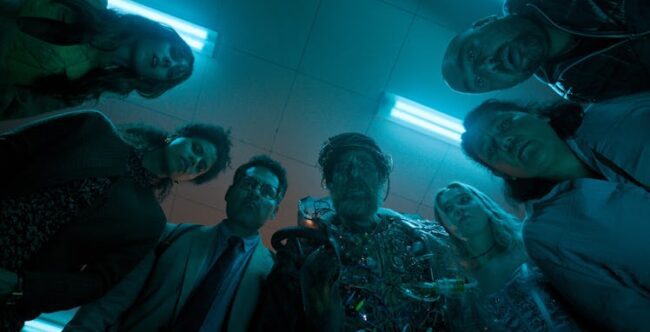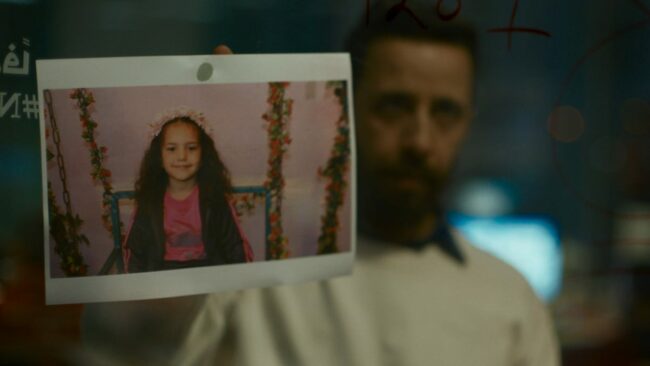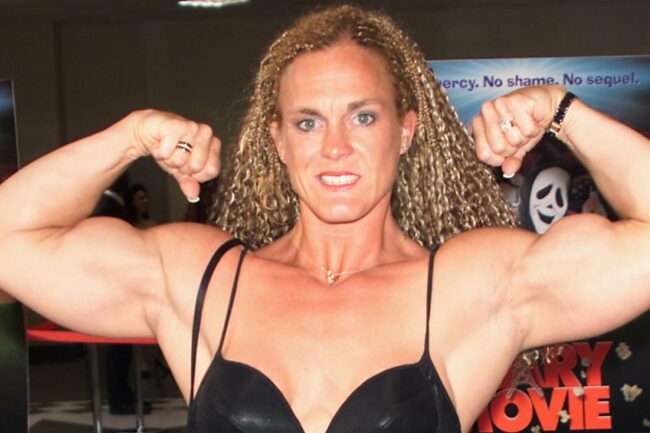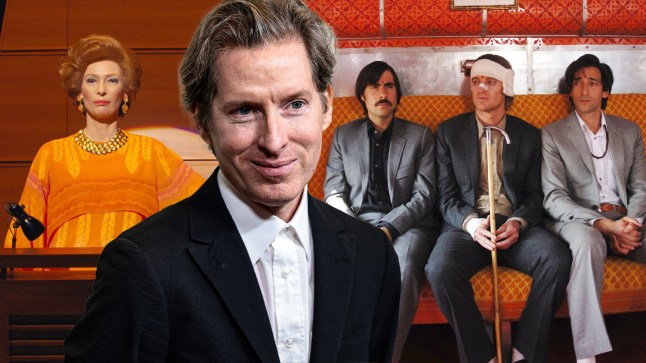“A Father And Son Walked Out Of ‘Deadpool’ After The International Women’s Day Scene” – 15 Times Movies Caused Cinema Walkouts
“Guy actually got up, left. Then, about an hour later, staggered back into the theatre and was now completely drunk. He did not sit down. He wandered around, from corner to corner, yelling at the screen ‘FORESHADOWING’ every time the story had …










